
Jul 6 , 2023
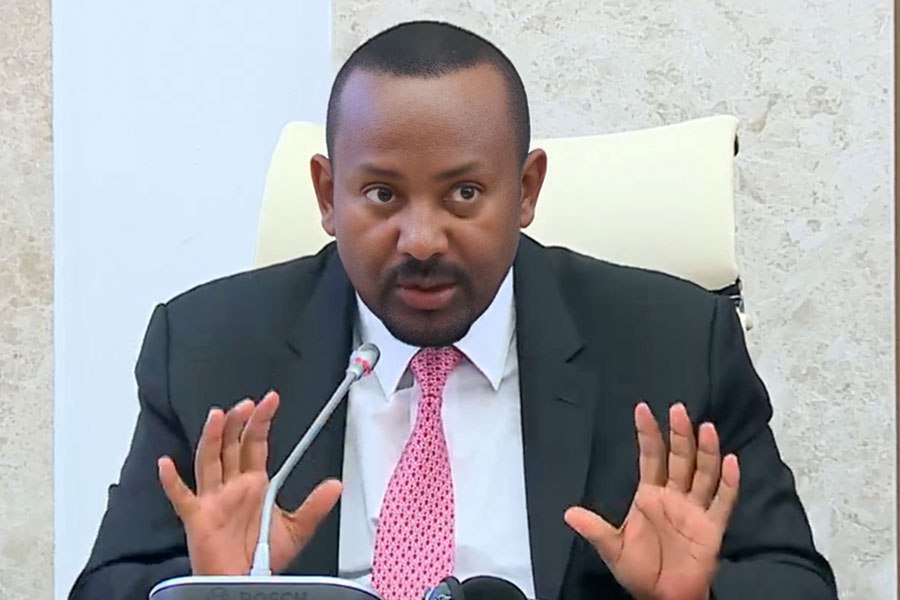
Ethiopia's legislative house has ratified a massive 801 billion Br (14.3 billion dollars in the current exchange rate) budget for the 2023/24 fiscal year, as confirmed by the Chairman of the Plan, Finance, & Budget Standing Committee, Desalegn Wodajo.
However, the vote, which passed with only one abstention, has sparked controversy among parliamentarians who argued the budget ignored key issues, including inflation, unemployment, security, and expenditure on capital goods. Prime Minister Abiy Ahmed (PhD) staunchly defended the budget, characterizing it as a stepping stone to a forthcoming "third development" plan set to be revealed in the coming weeks.
The Prime Minister hailed the budget as largely aimed at benefiting the poor, highlighting its increased allotment for sectors critical to societal welfare and growth. This includes increased appropriations for agriculture (3.2 billion Br), health (three billion Birr), water provision (2.2 billion Br), and road construction (two billion Birr) compared to the previous fiscal year.
Abiy also revealed that his administration has provided substantial subsidies to critical sectors, totalling 21 billion Br for fertilizer imports and 77 billion Br for fuel distribution. He projected a GDP growth rate of 7.5pc for the concluding fiscal year, attributing this to the expansion in agriculture, manufacturing, and services. However, he conceded that inflation continues to be a significant challenge for the economy.
In outlining the macroeconomic framework for the approved budget, the Prime Minister revealed that the targets include debt reduction, bridging trade imbalance, and reducing the budget deficit. While the property tax rate remains under deliberation, the Addis Abeba City Administration is extending its tax base for "roof and wall", a law that has been in existence for over three decades.
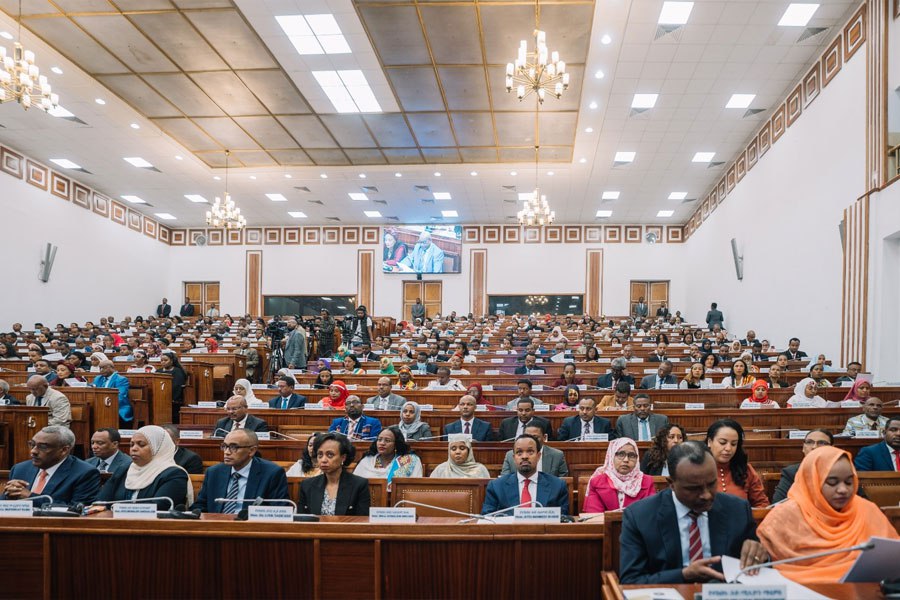
The Prime Minister expressed dismay over the country's tax-to-GDP ratio, which stands at less than half of the sub-Saharan Africa average of 16pc.
The federal government's revenues over the previous 11 months surpassed 365 billion Br, marking a 26.1pc increase. Meanwhile, expenditure rose to over 574 billion Br, showing a 13.4pc increase.
The Prime Minister also responded to mounting questions about the financing of his "passion projects". He revealed that countries, including the UAE, China, and France, had financed projects such as Unity Park, Friendship Park, and Jubilee Palace, respectively.
His remarks to legislators were not without a dash of humour, as he told the MPs who had concerns over the financial audits, "We'll buy you tickets", urging them to visit these countries themselves should they care to conduct financial audits.
The session ended with a divergence of views. Ashebir Weldegiorgis, a member of parliament, hailed the "transformational leadership" of the Prime Minister, while opposition MP, Desalegn Chanie, expressed concerns over rising security issues and called for national elections. In response, the Prime Minister acknowledged the importance of elections but requested patience, stating that it would take three years—a statement that drew laughter from the MPs.

Commentaries | Jan 09,2021

Editorial | Dec 11,2020

Radar | Aug 03,2019

My Opinion | May 06,2023
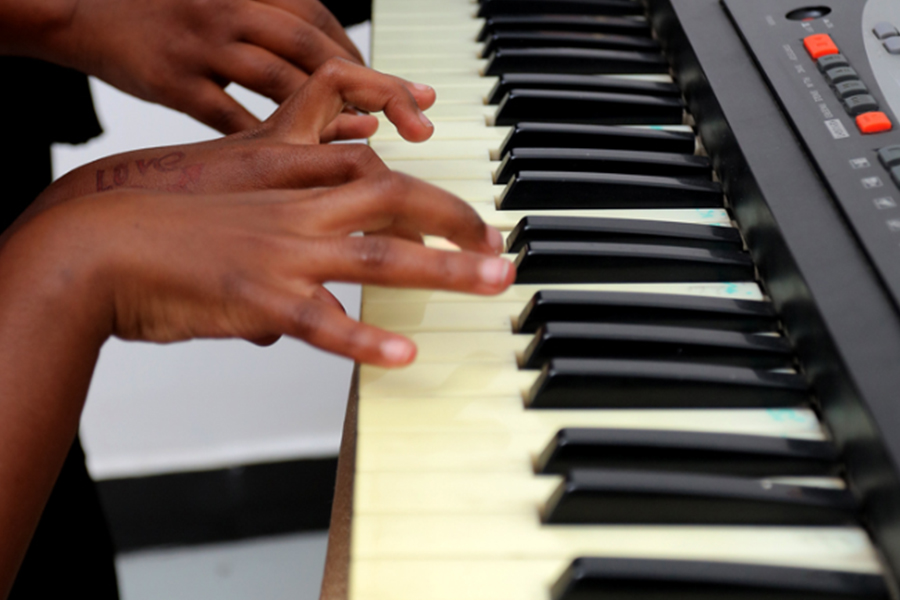
Featured | Jul 20,2025

Fortune News | Jul 15,2023
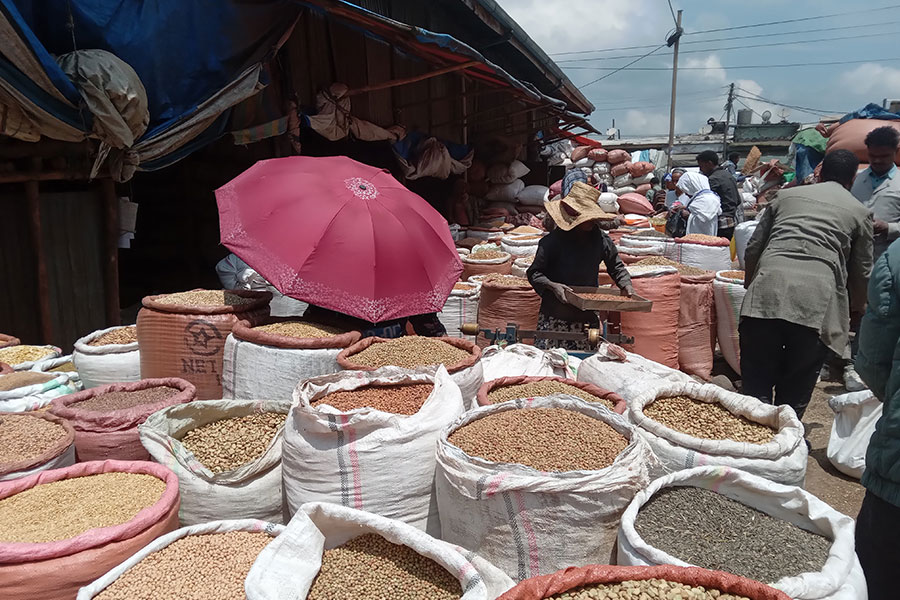
In-Picture | Jun 29,2025
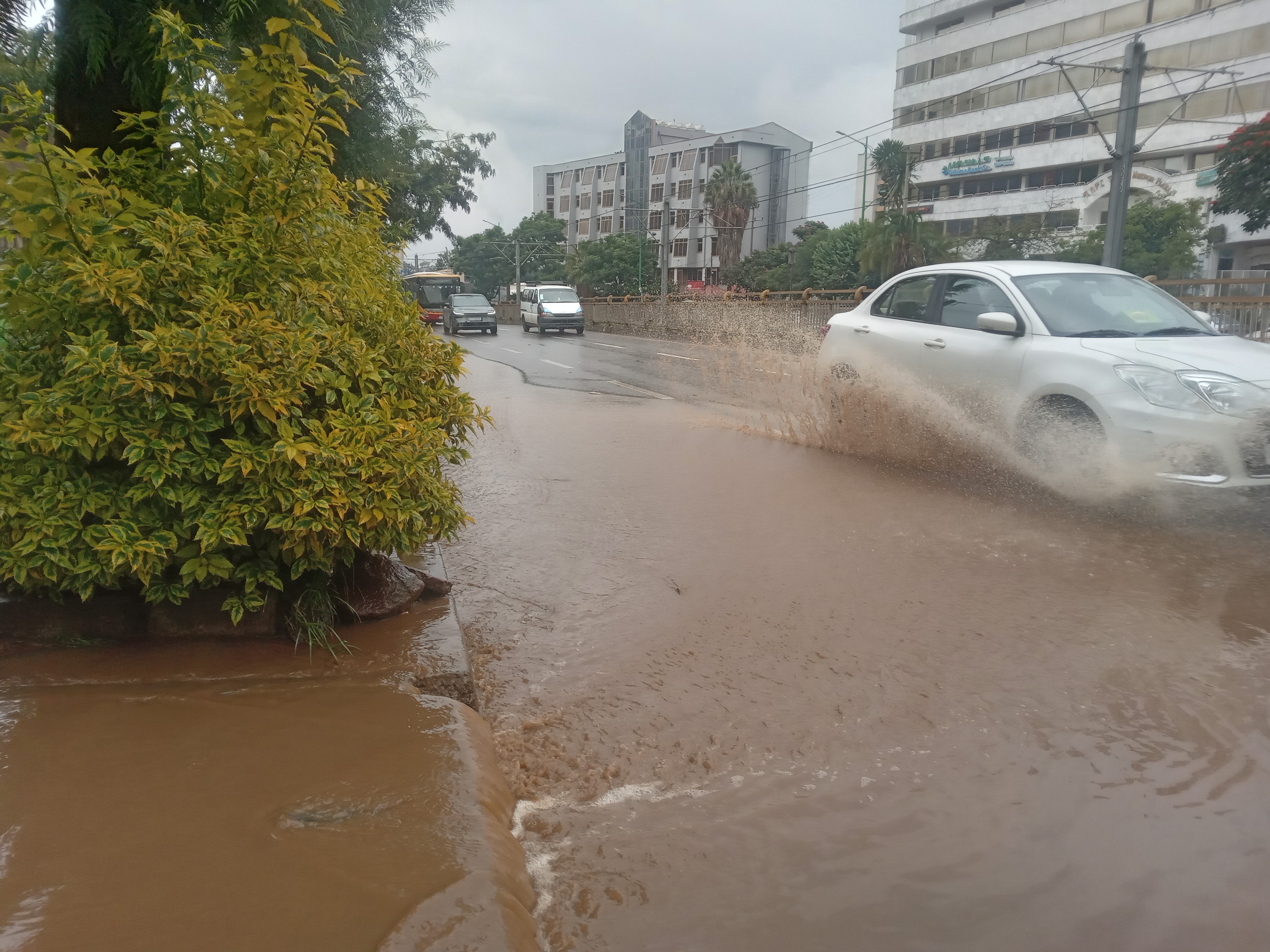
In-Picture | Jul 14,2025

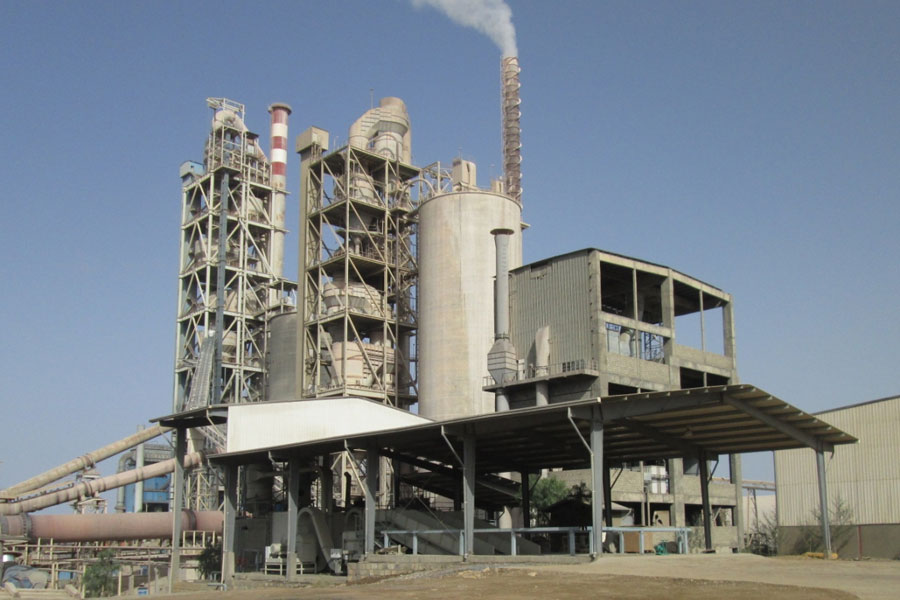
Fortune News | Feb 03,2024

Photo Gallery | 180457 Views | May 06,2019

Photo Gallery | 170656 Views | Apr 26,2019

Photo Gallery | 161710 Views | Oct 06,2021

My Opinion | 137285 Views | Aug 14,2021

Nov 1 , 2025
The National Bank of Ethiopia (NBE) issued a statement two weeks ago that appeared to...

Oct 25 , 2025
The regulatory machinery is on overdrive. In only two years, no fewer than 35 new pro...

Oct 18 , 2025
The political establishment, notably the ruling party and its top brass, has become p...

Oct 11 , 2025
Ladislas Farago, a roving Associated Press (AP) correspondent, arrived in Ethiopia in...